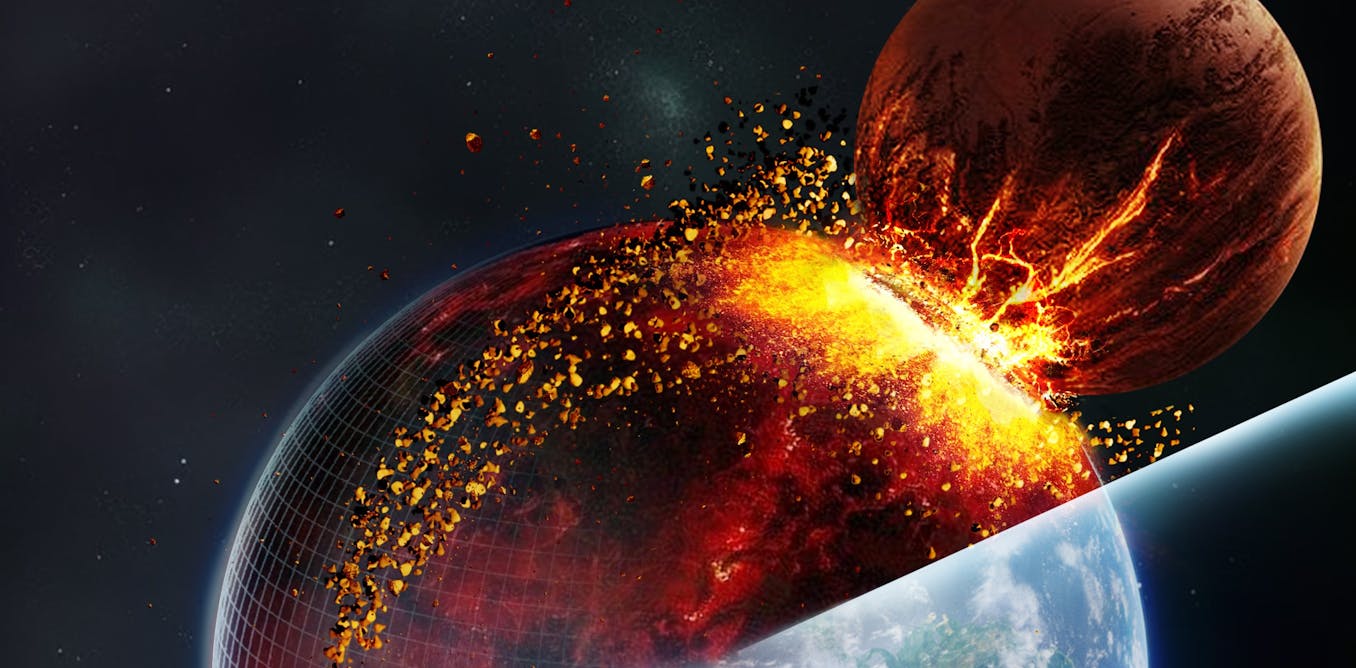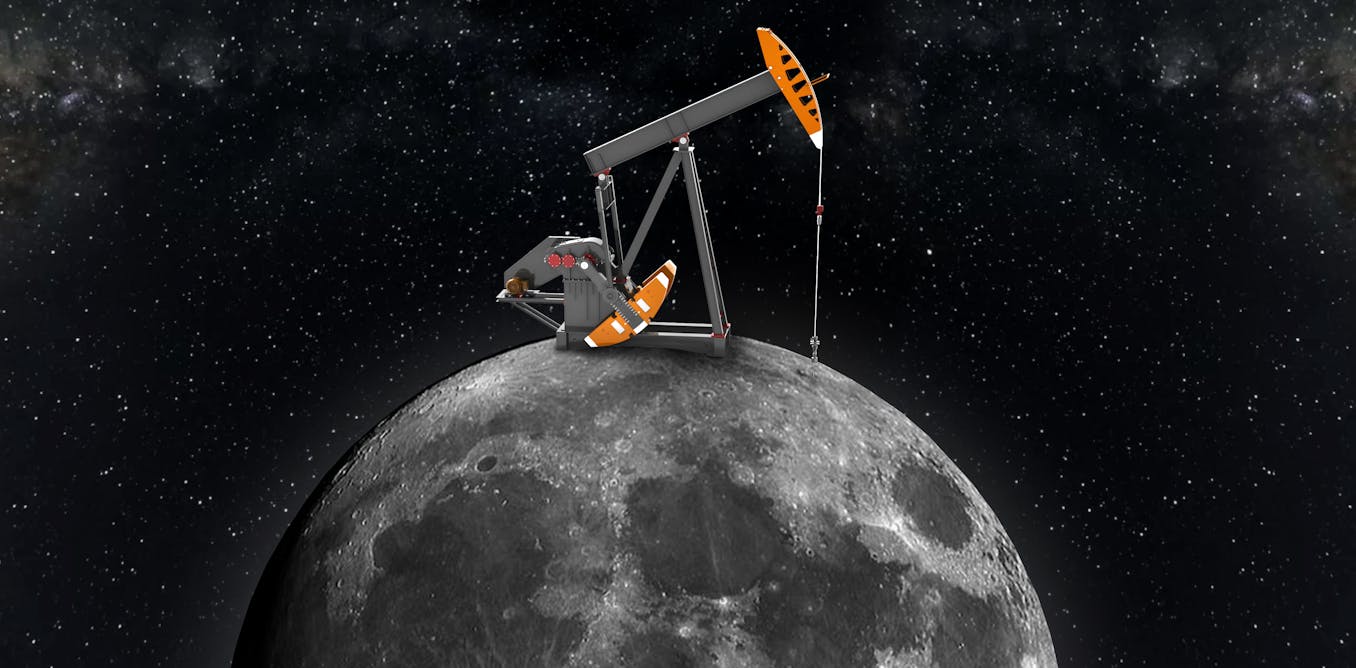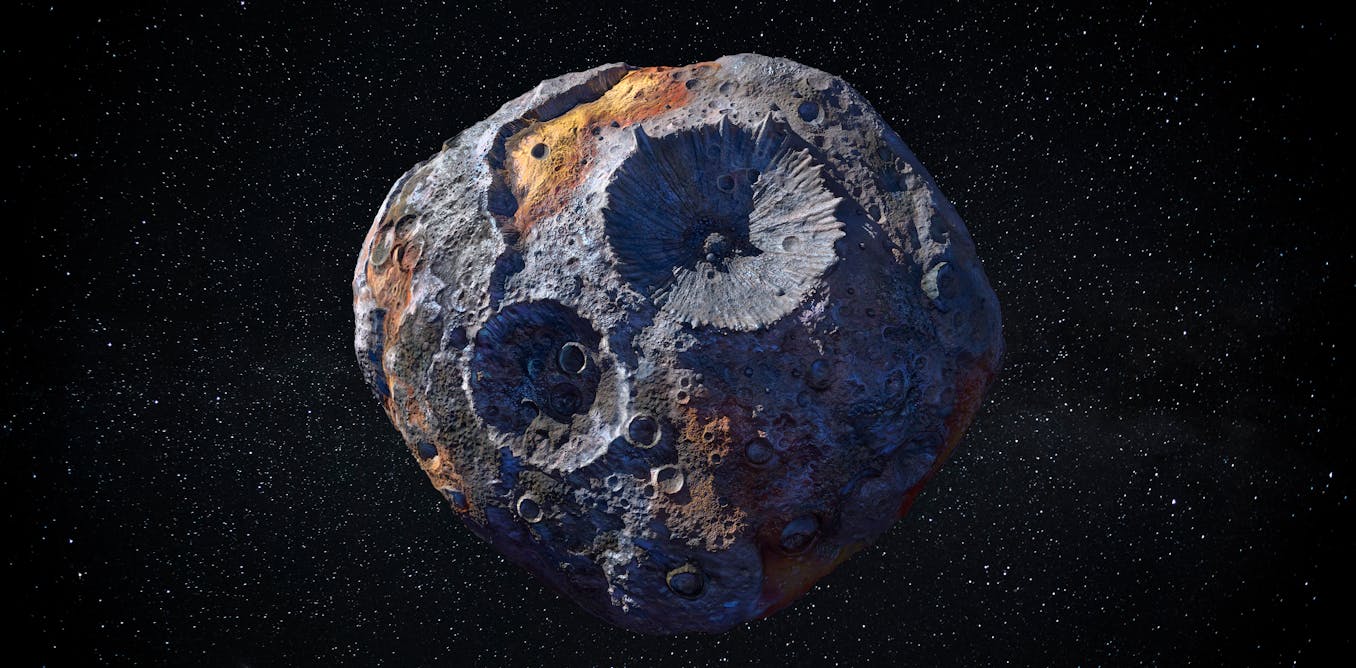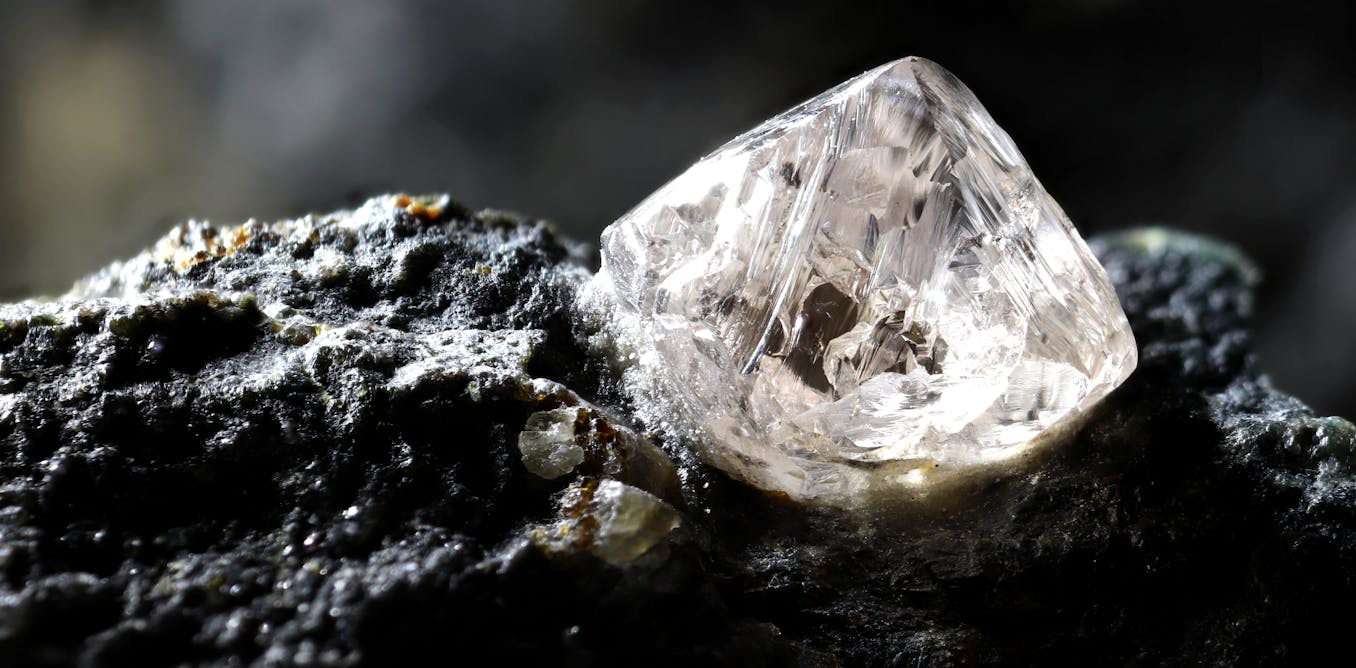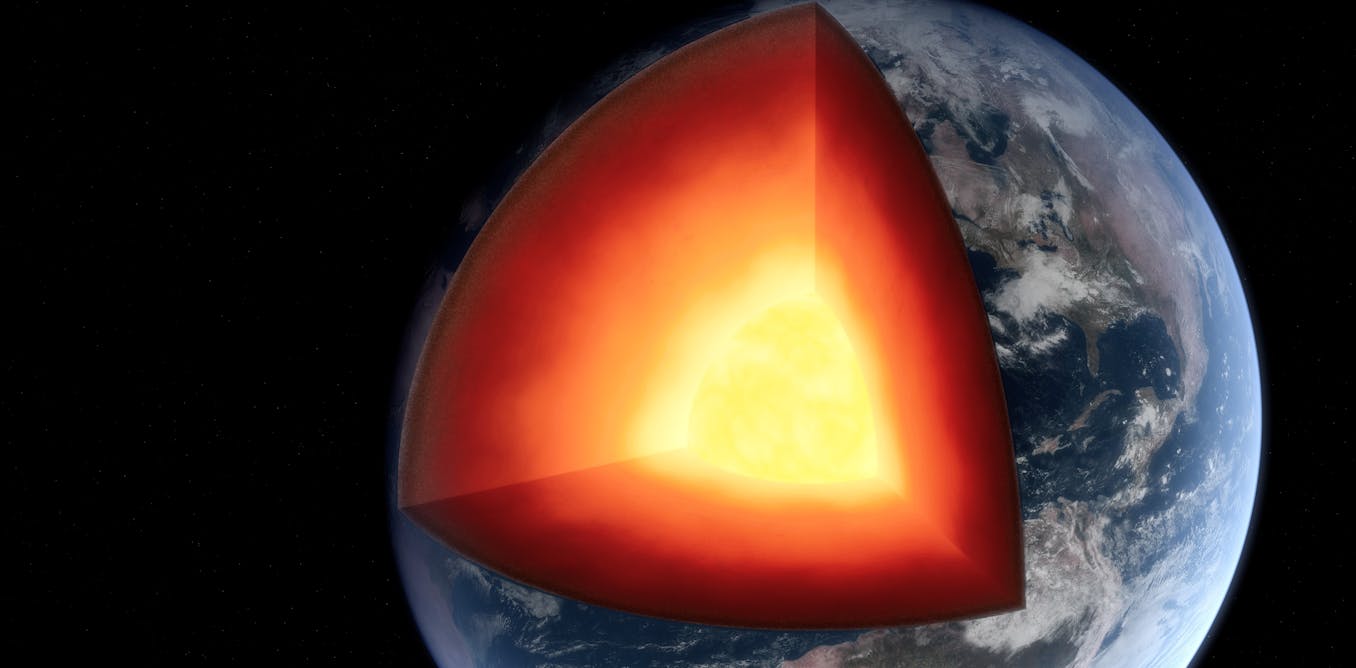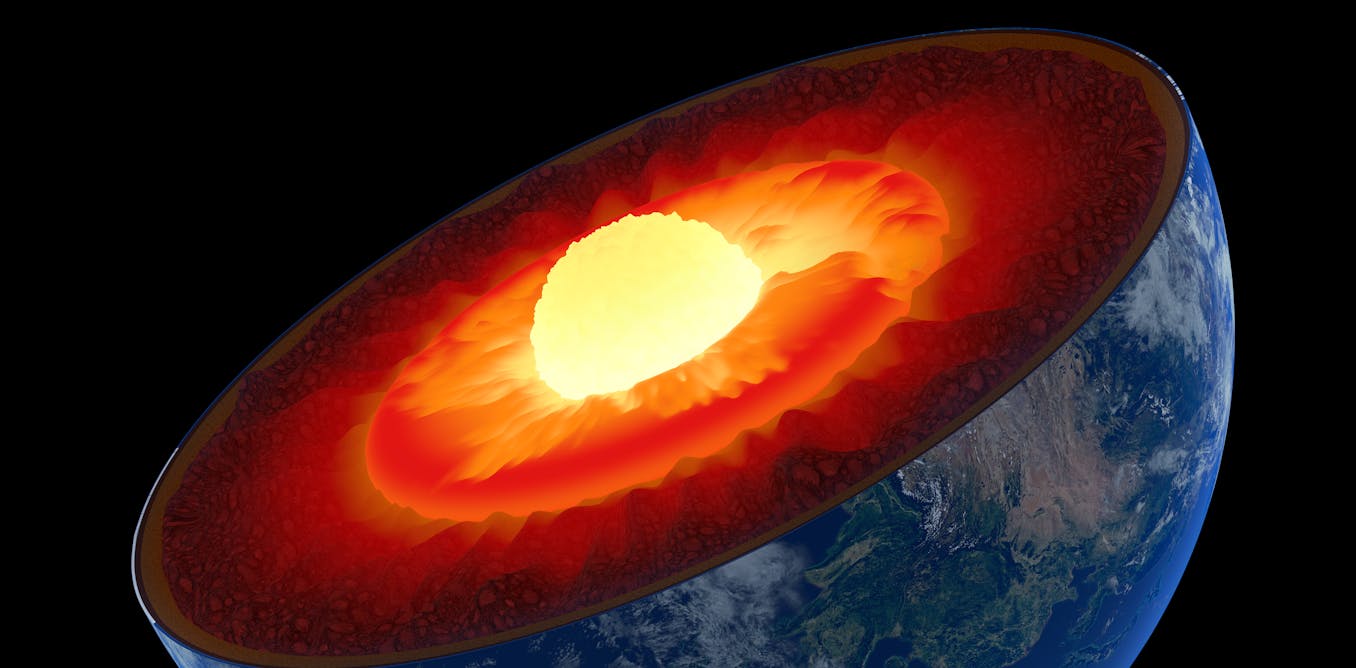NASA's robotic prospectors are helping scientists understand what asteroids are made of – setting the stage for miners to follow someday
Upcoming NASA missions will help scientists understand the composition of asteroids – which could inform companies one day hoping to commercially mine asteroids.
Valerie Payré, Assistant Professor of Earth and Environmental Sciences, University of Iowa •
conversation
Nov. 2, 2023 • ~6 min
Nov. 2, 2023 • ~6 min
NASA's Psyche mission to a metal world may reveal the mysteries of Earth's interior
Liftoff to the distant asteroid is scheduled for Oct. 5, 2023 – the beginning of a six-year journey to one of the most unusual objects in the solar system.
Jim Bell, Professor of Earth and Space Exploration, Arizona State University •
conversation
Aug. 17, 2023 • ~6 min
Aug. 17, 2023 • ~6 min
We've discovered how diamonds make their way to the surface and it may tell us where to find them
Scientists were not previously certain how the precious stones arrived at the Earth’s surface.
Thomas Gernon, Associate Professor in Earth Science, University of Southampton •
conversation
July 26, 2023 • ~7 min
July 26, 2023 • ~7 min
How has the inside of the Earth stayed as hot as the Sun's surface for billions of years?
Starting at the surface, you would have to dig nearly 2,000 miles before reaching the Earth’s core. No one could survive that trip – and the 10,000-degree F heat once there would vaporize you anyway.
Shichun Huang, Associate Professor of Earth and Planetary Sciences, University of Tennessee •
conversation
Jan. 23, 2023 • ~7 min
Jan. 23, 2023 • ~7 min
Earth's inner core is growing more on one side than the other – here’s why the planet isn't tipping
8,000 tonnes of molten iron solidifies in Earth’s inner core every second – but it’s not distributed equally.
Sanne Cottaar, Lecturer in Global Seismology, University of Cambridge •
conversation
July 29, 2021 • ~7 min
July 29, 2021 • ~7 min
/
1

